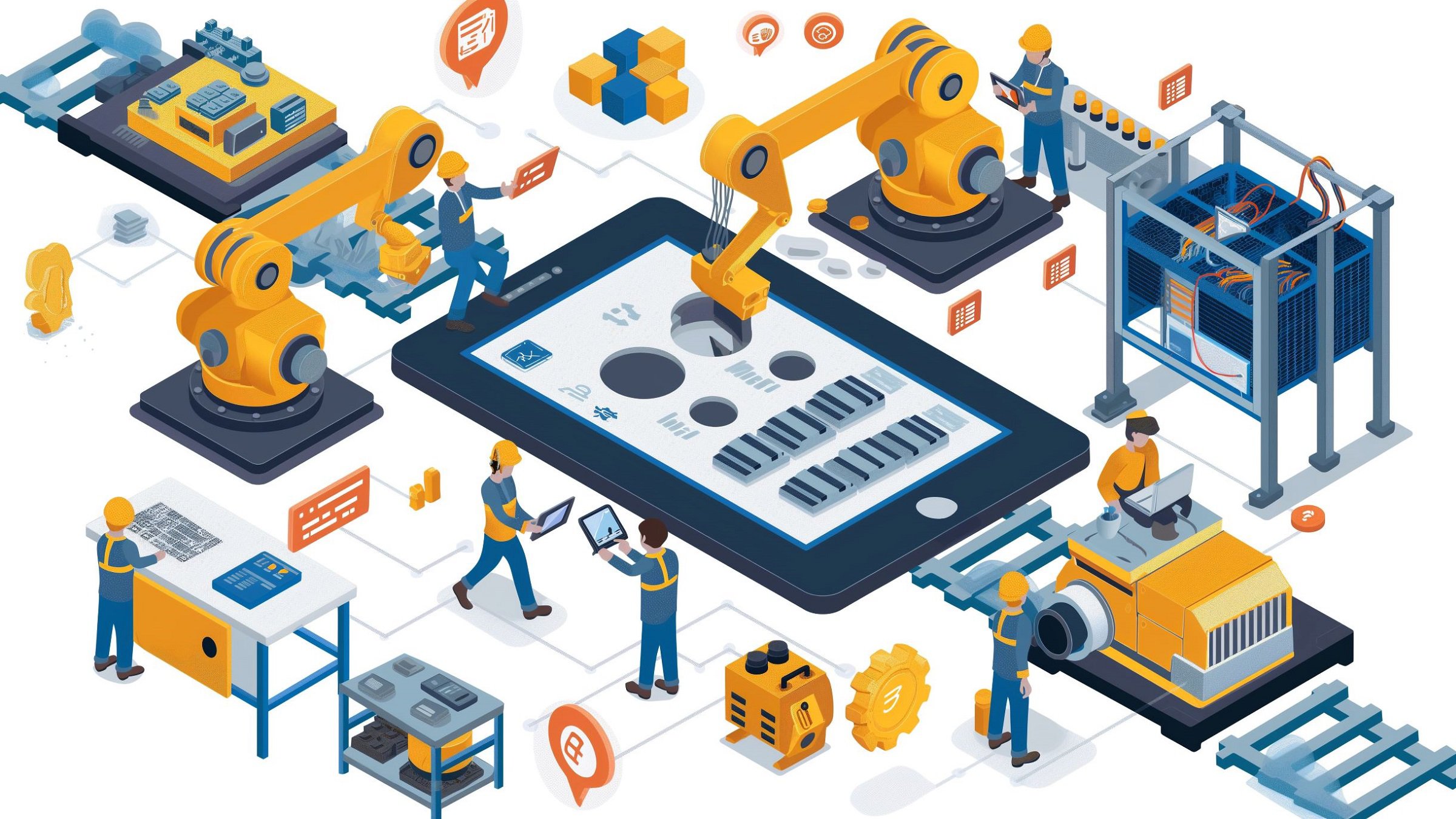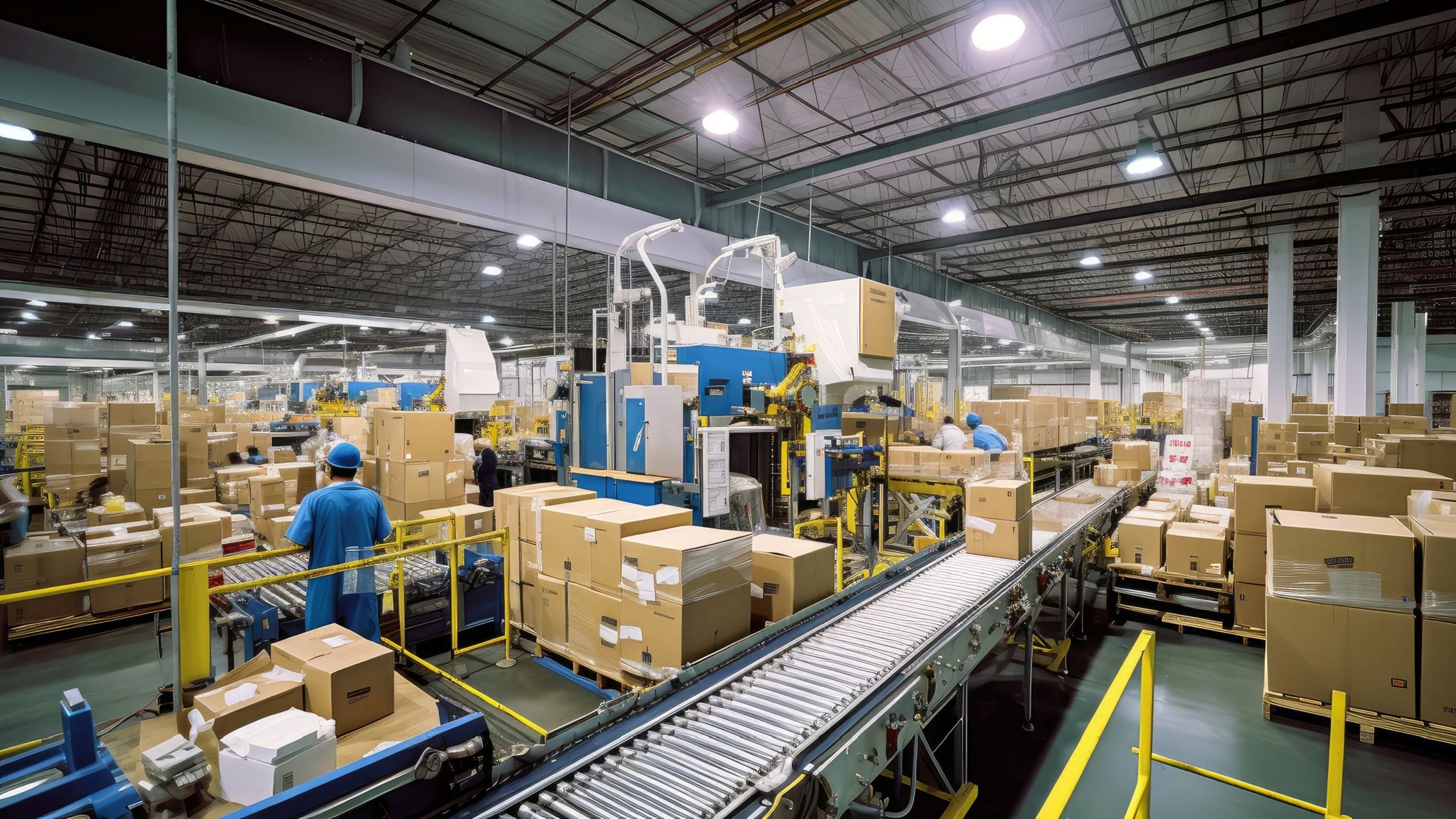The manufacturing industry has seen a major shift in recent years. The convergence of operational technology (OT) and information technology (IT), coupled with increasing environmental concerns globally has introduced new challenges for manufacturers. While previously, investments were focused on driving out costs and ramping up productivity, these two factors alone are no longer enough. To succeed, manufacturers must consider a broader range of issues that extend beyond efficiencies in the workforce and their supply chain.
The advent of one of the biggest buzzwords today – artificial intelligence (AI) has also opened doors to new possibilities in smart manufacturing. According to the annual State of Smart Manufacturing (SOSM) report, which surveyed over 1,500 manufacturers across 17 countries around the world, 95% of manufacturers are using or evaluating smart manufacturing technology in 2024. 83% of respondents also anticipate using generative AI (GenAI) in their operations in 2024.
Following the sustainable manufacturing sentiments around the world, 98% have sustainability and environmental social and governance (ESG) policies in place, a testament to the collective effort for greener manufacturing. Meanwhile in Asia Pacific, quality control tops the chart when it comes to leveraging AI and machine learning technologies, with 43% of manufacturers citing quality control as their primary driver for investing in smart manufacturing technology.
These numbers prove that the industrial landscape is changing fast, and manufacturers need to find new and more efficient ways of working to ensure they can remain at the forefront of their respective industries. To optimize production, they need to invest in smart technologies like manufacturing execution systems (MES) and data analytics tools that can provide deeper levels of insight for a holistic and sustainable digital future.



